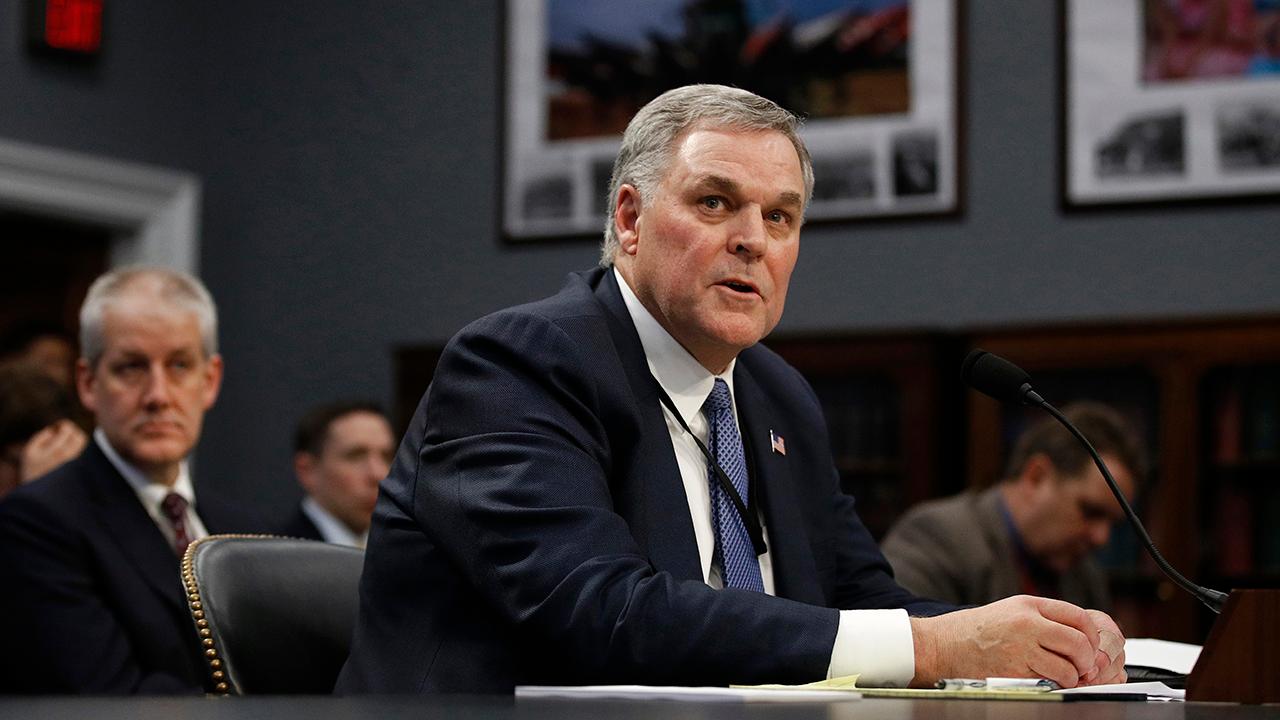Wealthy American taxpayers' audit rates plunge
The IRS said on Monday that the number of audits it conducted continued to decline last year, as fewer wealthy taxpayers had their forms examined.
In fiscal 2018, the agency audited 0.59 percent of individual tax returns, or about 892,000 returns. That is fewer than the year prior, when the rate hit 0.62 percent and audits were at their lowest level since 2002.
Fiscal 2018 marks the seventh consecutive year of declining audits.
Rates for high-income earners (with adjusted gross income exceeding $10 million) fell to 6.66 percent, from more than 14 percent the year prior. That is the lowest level since at least 2008, when the tax agency began reporting the data.
People with incomes between $1 million and $5 million also experienced fewer audits, as rates fell to 2.21 percent from 3.52 percent. Taxpayers with incomes between $100,000 and $200,000 had a slight drop in their audit rates, to 0.44 percent, from 0.47 percent.
IRS Commissioner Charles Rettig said in testimony before lawmakers last month that he wants to work with Congress to focus audits on wealthier taxpayers. To do that, the agency would take a stronger look at issues and trends among higher-income returns, including pass-through examinations. He added that pass-through audits could be streamlined, and different questions could be asked.
This comes as the IRS is combating a decline in resources. The agency’s budget fell by about $2.6 billion between fiscal 2011 through 2019. Its 2019 budget is smaller than its fiscal 2000 budget when inflation is factored in, the Government Accountability Office (GAO) wrote in a recent report. At the same time, staffing has been reduced by more than 20 percent over the same time period.
According to the GAO, the IRS staffing decline has impacted its decision to scale back activities, including tax return examinations – which not only reduces revenue collections but could also reduce voluntary compliance with the law.
If the IRS were able to reduce the tax gap by even just 1 percent between 2008 and 2010, its revenue would have increased by $4 billion – which would be able to fund about 82 percent of its enforcement budget.
CLICK HERE TO GET THE FOX BUSINESS APP
The IRS is currently working with the Trump administration on a reform plan. It released a report last month that included a list of possible changes, focusing on technological innovation as a key to enhancing services and protecting data.
The IRS is responsible for collecting 90 percent of all federal revenues. It handles about 150 million tax returns each year.




















